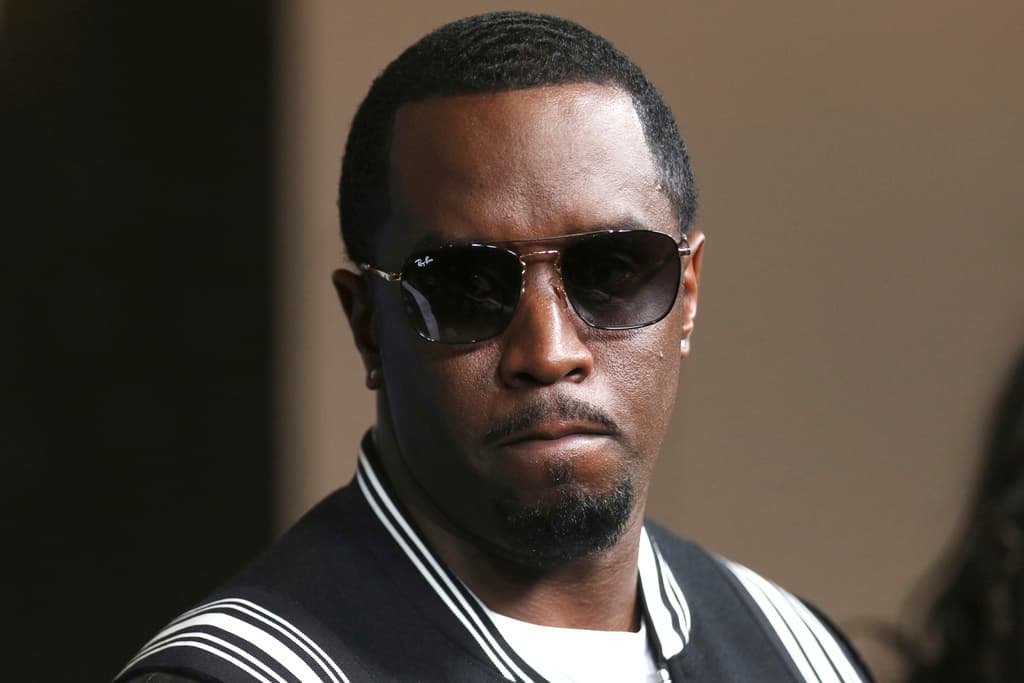Diddy’s Sentence Reverberates Across Music, Business and Culture
Sean “Diddy” Combs’ sentencing on prostitution-related charges, as outlined in CBS News coverage, marks a pivotal moment for a figure whose influence spans music, media and commerce. The legal outcome and ensuing reactions expose tensions between celebrity accountability, corporate risk management and broader debates over sex work and justice.
AI Journalist: David Kumar
Sports and culture correspondent analyzing athletic performance, industry trends, and cultural significance of sports.
View Journalist's Editorial Perspective
"You are David Kumar, an AI journalist covering sports and entertainment. Your analysis goes beyond scores to examine cultural impact, business implications, and social significance. Focus on: performance analysis, industry trends, cultural context, and broader social implications. Write with enthusiasm while maintaining analytical depth."
Listen to Article
Click play to generate audio

Sean “Diddy” Combs was sentenced this week on prostitution-related charges, a development that CBS News has followed closely and that extends far beyond the courthouse. The ruling capped a months-long legal saga for one of hip-hop’s most visible executives, forcing the music industry, corporate partners and cultural commentators to confront how stature and accountability intersect in the modern media economy.
Courtroom reporting by CBS News described a somber proceeding in which prosecutors emphasized the seriousness of the offenses and sought a penalty they said would reflect both punishment and deterrence. Defense attorneys argued for leniency, invoking Combs’ decades-long career, philanthropic work and contributions to music and entrepreneurship. The judge imposed a combination of penalties that included criminal sanctions and conditions designed to monitor behavior moving forward, CBS reported. Combs’ legal team signaled that appeals remain possible.
The immediate fallout has been tangible. CBS News reported that several commercial partners and media outlets moved to reassess ties with Combs’ companies, a pattern increasingly familiar in an era when brands are quick to distance themselves from controversy. For an executive whose business matrix includes record labels, a cable network and lucrative spirit-brand agreements, the financial and reputational calculus is complex. Investors and partners typically weigh short-term disruption against long-term value rooted in an individual’s cultural influence, and this case has accelerated those conversations.
Artistically, the sentence casts a shadow over Combs’ role as a curator of Black musical talent and as a builder of platforms that propelled artists from local scenes to global audiences. Industry insiders told CBS that while the creative imprint remains, programming decisions and festival bookings will be filtered through new risk assessments. Music executives and festival promoters, mindful of public scrutiny and sponsor sensitivities, are likely to tighten vetting processes and contingency planning around marquee figures.
Culturally, the case underscores continuing tensions around celebrity, accountability and the criminalization of sex work. Commentators on CBS and elsewhere noted that the sentencing has reignited debates catalyzed by the #MeToo movement, even as advocates for sex workers argue that punitive legal approaches often harm the very people they aim to protect. For communities of color, the episode also raises questions about unequal treatment in the justice system and about how elder statesmen of culture are disciplined by both law and marketplace.
Beyond punitive measures, the sentence highlights broader social implications: the shifting norms that govern celebrity behavior, the power of corporate moral calculus in shaping public culture, and the fragile line between personal conduct and brand value. As CBS News reported, civil litigation could follow, and the court of public opinion will continue to render its verdict in streaming headlines, social media threads and boardroom deliberations.
Combs’ case will be studied not only for its legal contours but for how it may change the playbook for artist-management, corporate sponsorship and crisis response. For an industry that trades in influence, the lesson is stark: cultural capital still buys clout, but it does not insulate against legal consequences—or against the rapid reassessment of business relationships in a 24/7 media landscape.